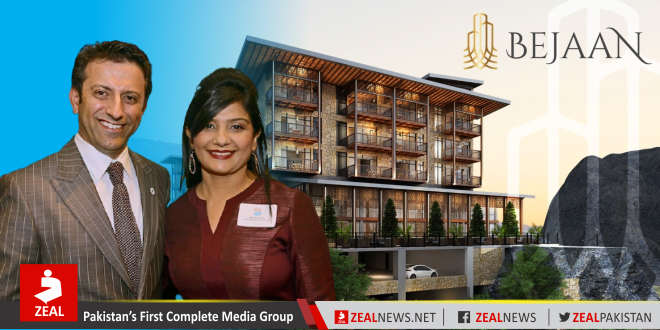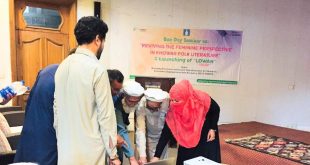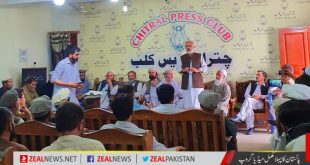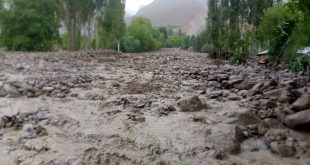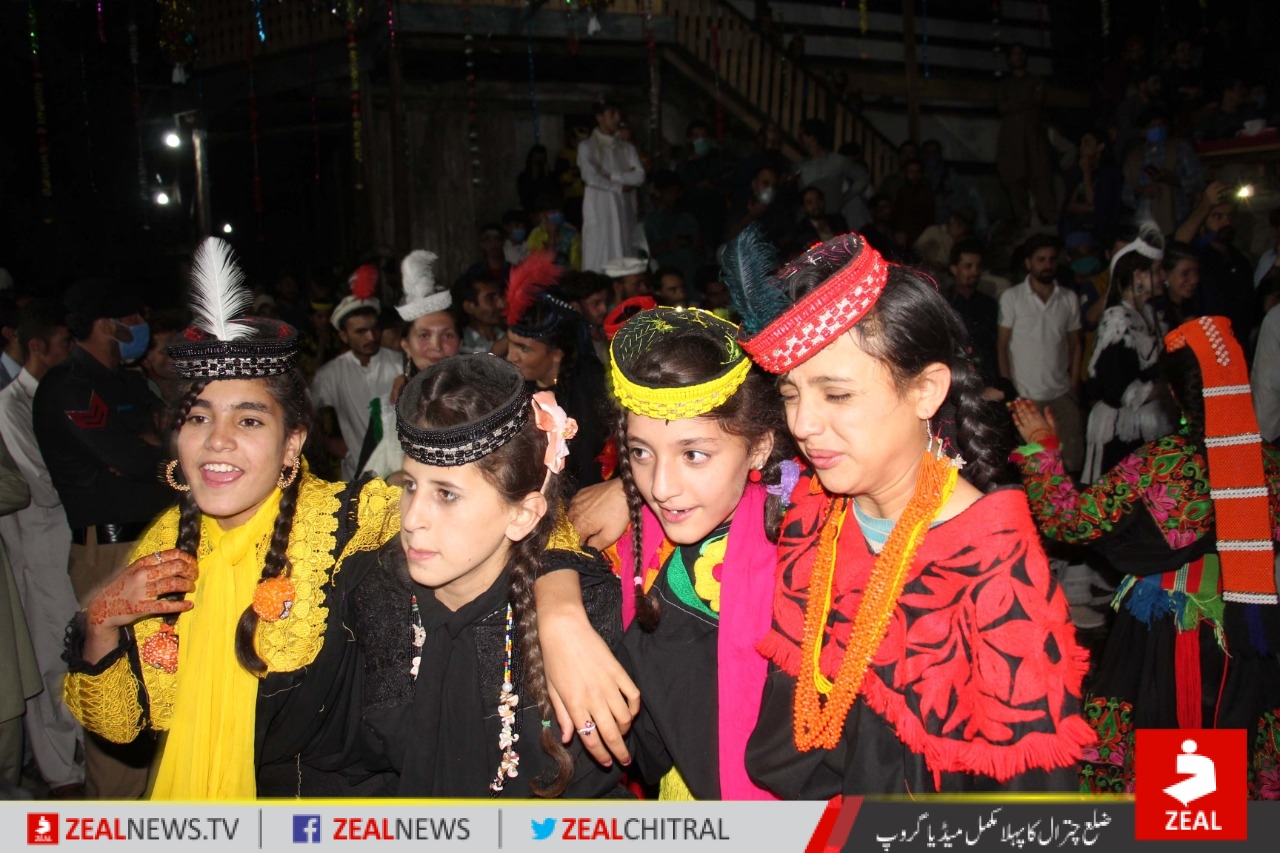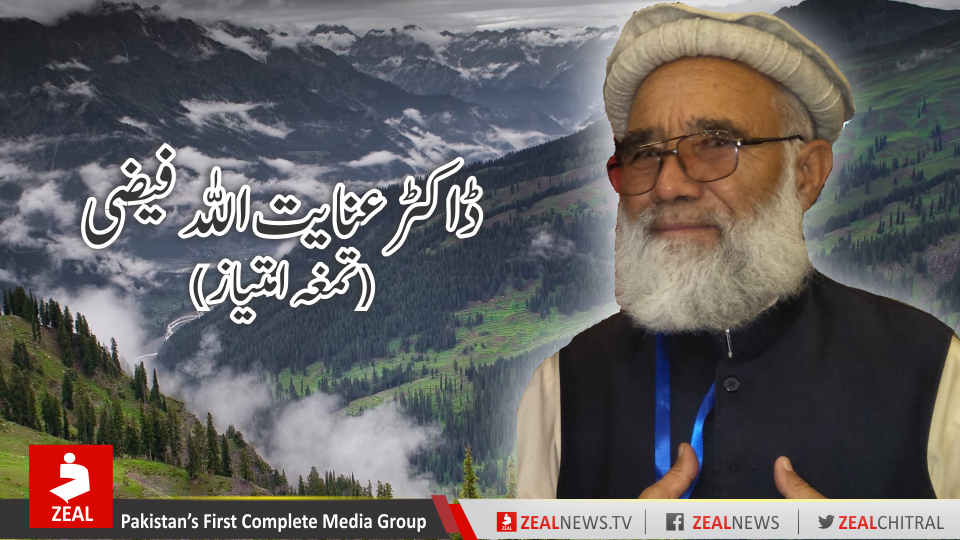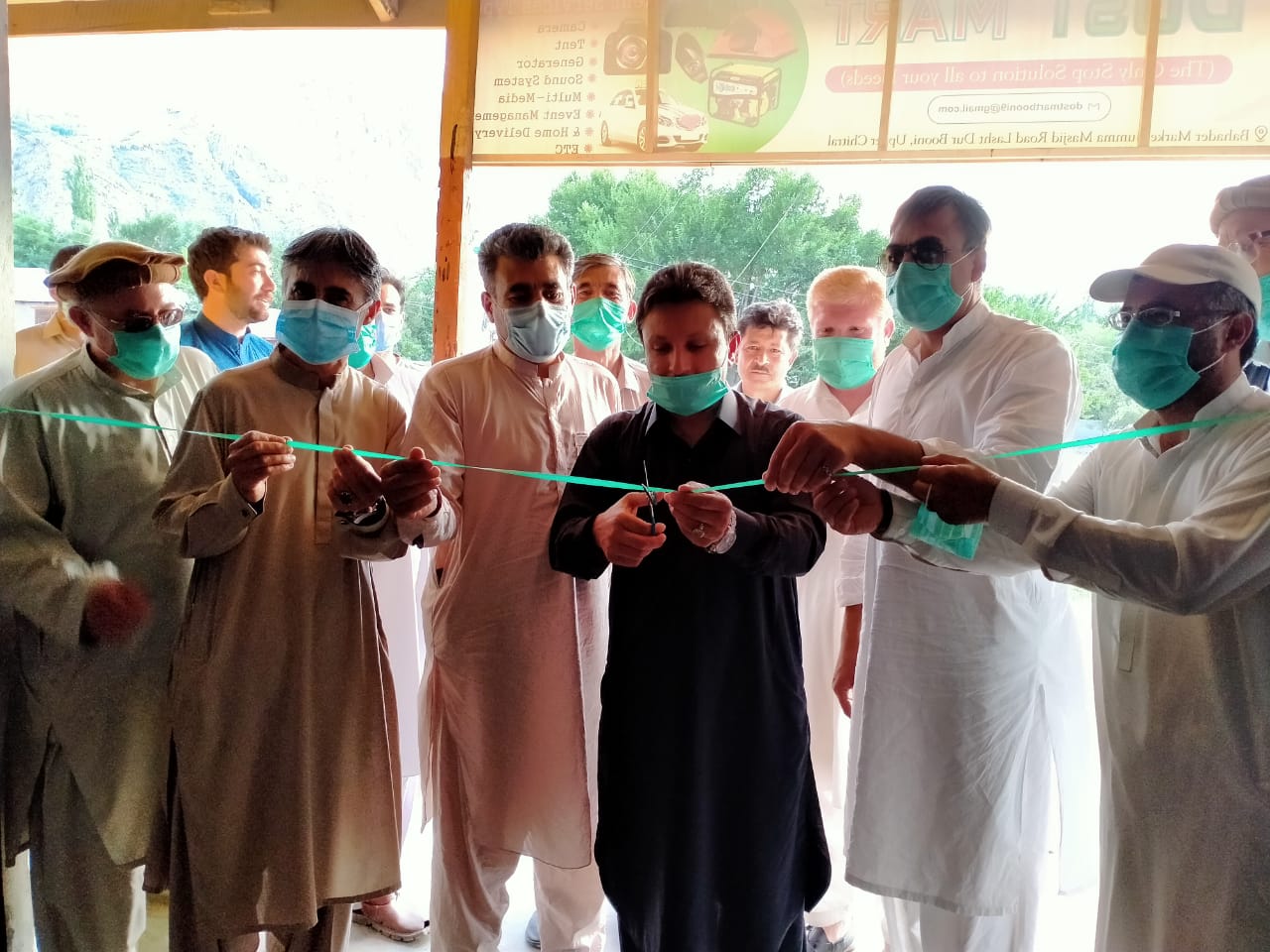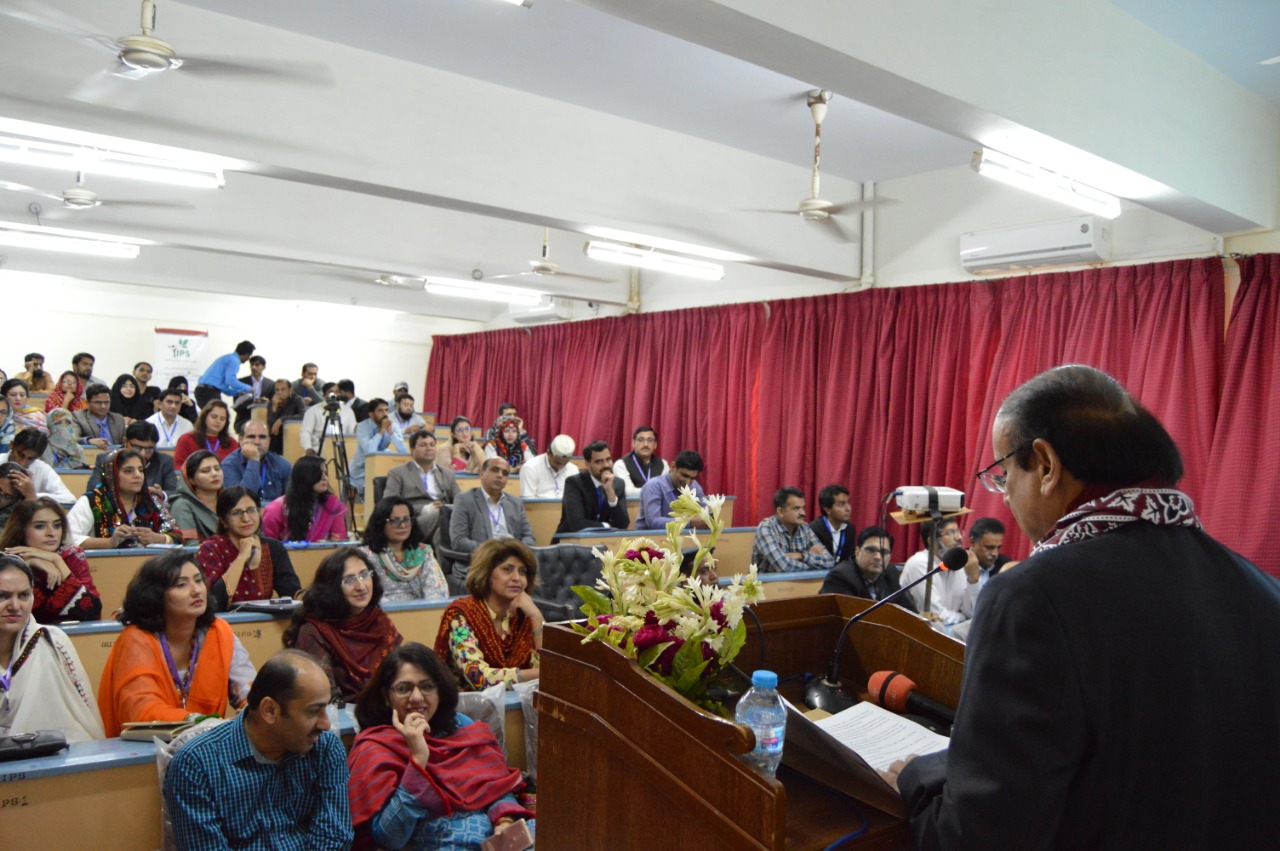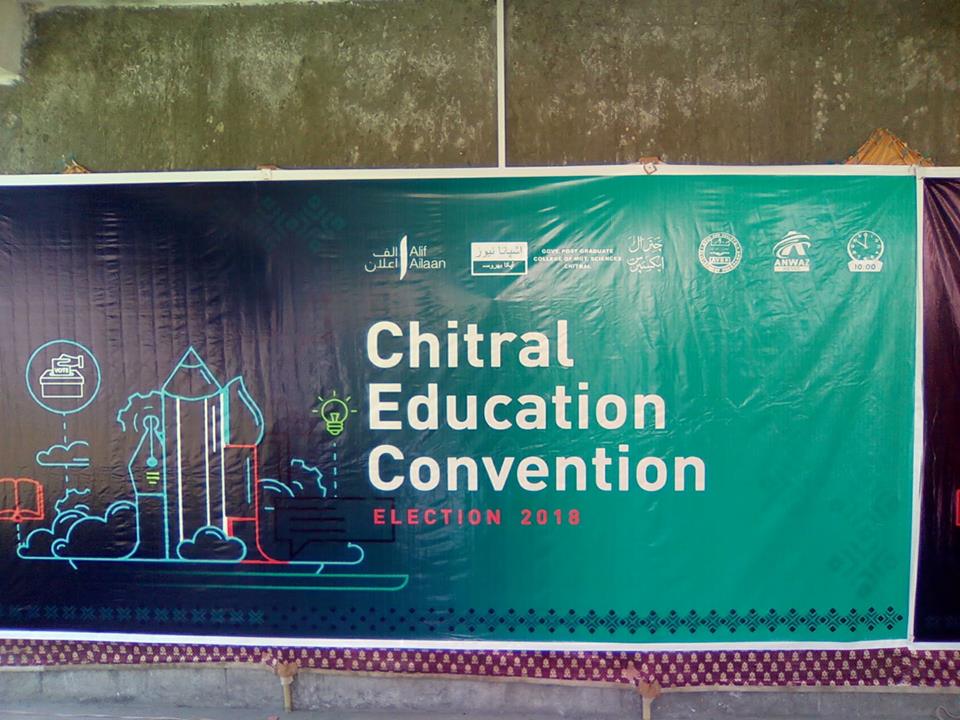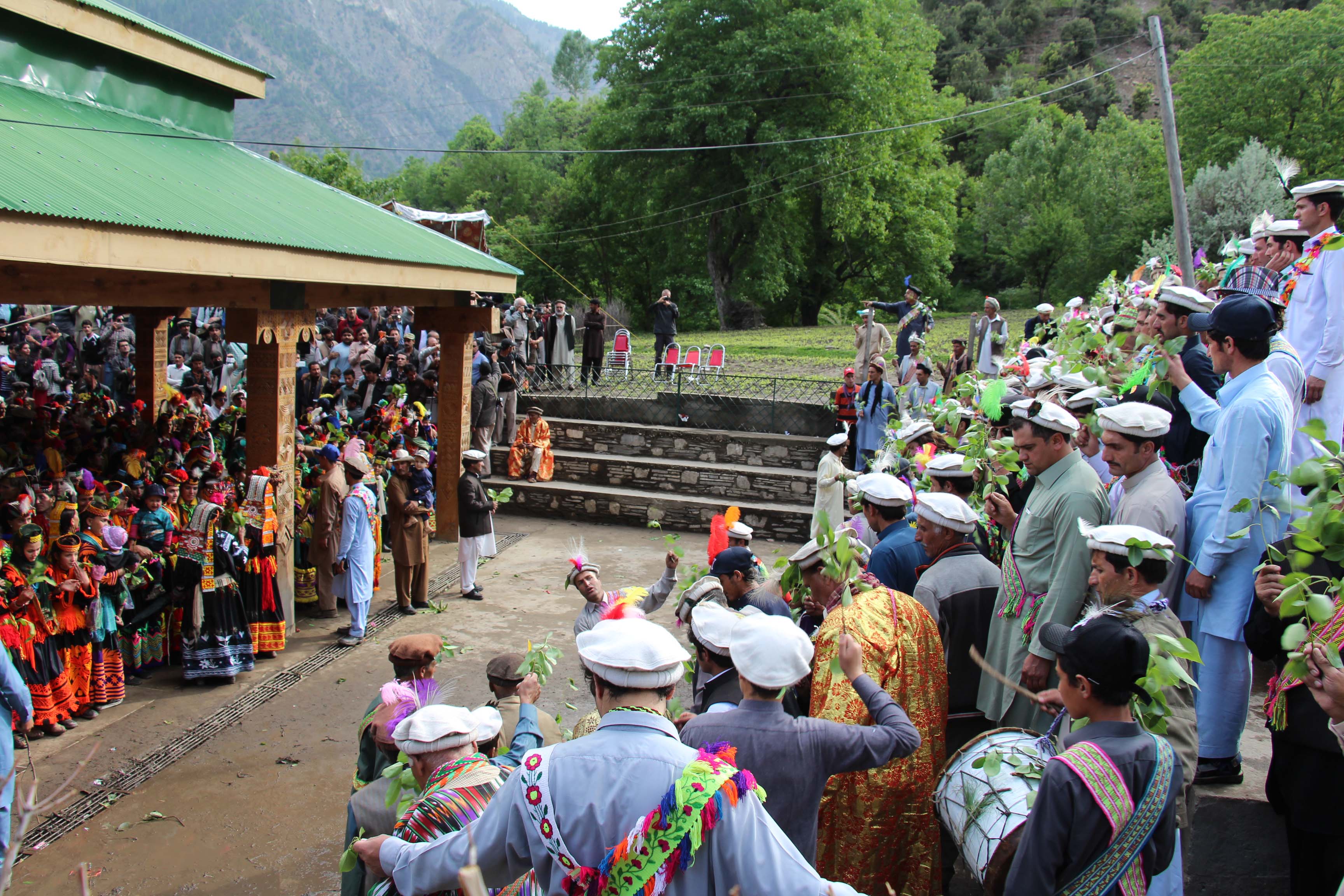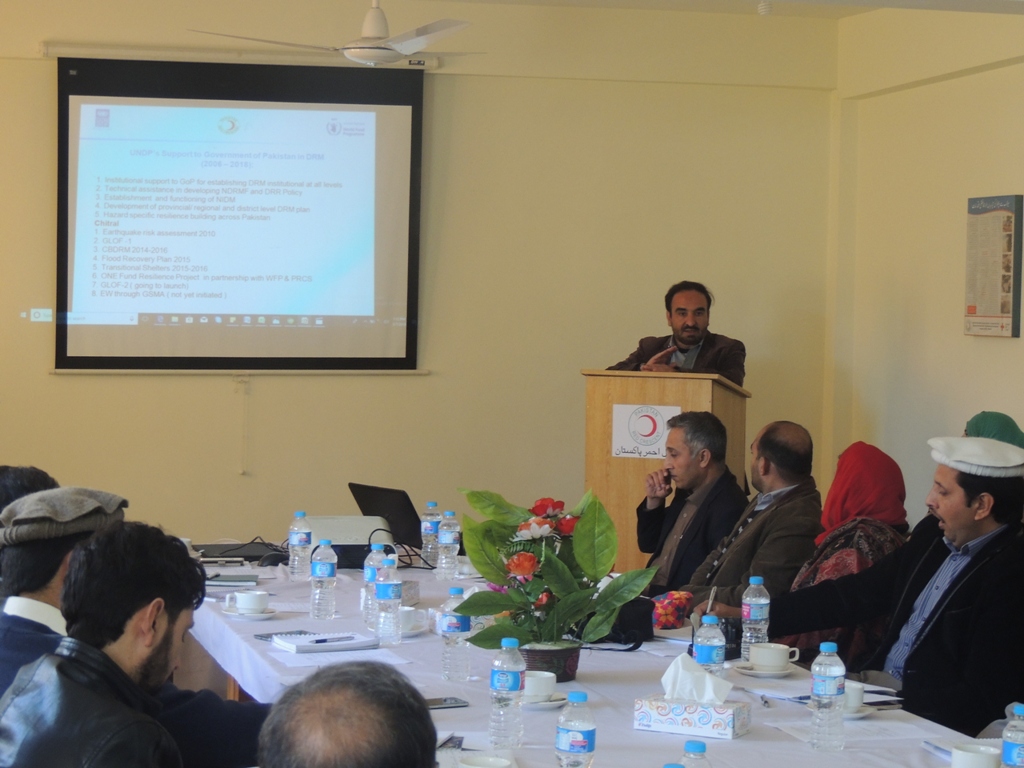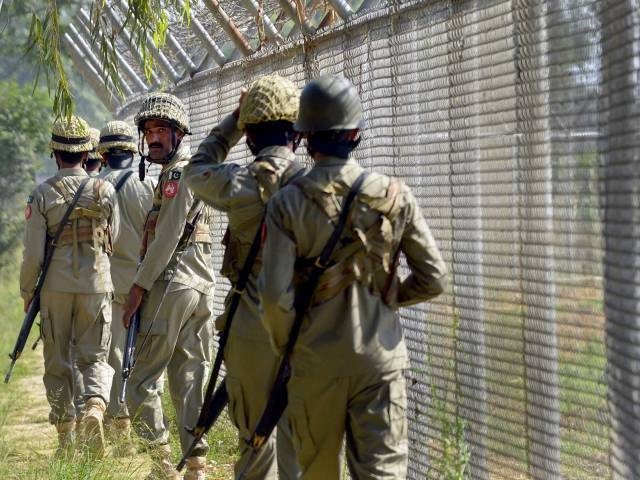This is interesting to see a unique debate evolving on social media over the construction of a five-star hotel, Bejaan, in Chitral. Some of the commentators attempt to depict it as an apolitical discourse, but nothing lies in space, beyond power politics. The participation of former ruling family members and some of their imagined courtiers in this media hype has made power politics central to the debate, and environmental concern seems to have lost its weight.
Elite tourism in Chitral has a long historical link, being controlled by former ruling lords, and has remained a major ritual of power construction. Be it the visit of lords from neighboring states or the former colonial masters, the guests in the former royal era would be ritually guided to the fort, followed by other power rituals such as arranging polo matches in Junali. The Mehtar and his guests leading the procession in the background of dol damama, and the courtiers performing dance in the front.
With the end of the princely state system in Chitral, this ritual continued in a new form, big luxury hotels replacing the fort, run by the former royal family, in order to capture the elite tourists from governing machinery of the state, and the foreign dignitaries. This end used the royal power to remain consolidated. With the new system, the difference seems that the lords have taken the bridle of guests’ horses instead of the courtiers, and the courtiers have turned into pseudo-intellectuals to defend their master’s new role.
At face value, the concern seems to be of environment, but underneath runs a deep power struggle for political control over-tourism and its benefits at the local level. The conflict historically dates back to the time of former rulers when no one except royal family members was allowed to construct a guest house with a window, and commoners were not allowed to have a collar of their Piran. Also, the hospitality ritual hardly ran down even to the courtiers who acted as destination stay-over spaces for the lords and their guests.
In the recent past we have seen how modern customary, legal, and institutional discourses are used to exercise hegemonic power such as opposing the construction of lawari tunnel in the name of saving local culture, and in opposing blacktopped road leading to Gilgit via Shandur Pass in the name of saving the sensation of adventure tourism. The current debate on social media over the construction of Bejaan is also part of the discourse meant to consolidate the royal power. It is more significant to see Bejaan as a symbol of resistance to the hegemonic power of the former lords rather than environmental concern. Let’s celebrate the change in the social environment first, and wait to see if the threat to the environment from Bejaan is different from other hotels around, functioning for decades.
